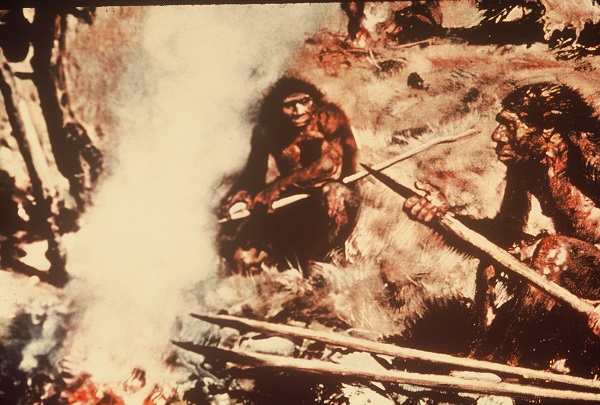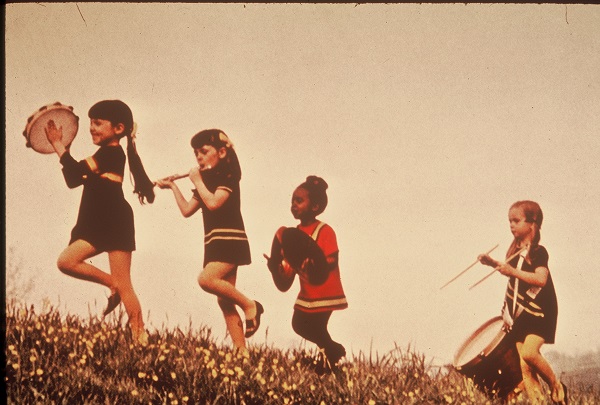Site Purpose
My name is Bob. I developed this website to share information to help improve partnership,prosperity, and the well-being of society and our planet.
I hope the website inspires you to contribute to the positive evolution of our society and our world which is the message in the
Adventure of Consciousness video.










The Magic Notes
Few can hear the magic notes and have danced with joy together.
Many have been drowned by the noise of fame and their desire for material gain.
The universe cries for what could be, the choices that went wrong.
It cries for those who pass this way and didn’t awake to sing their song.
Food for thought
I have provided the following tab “The train” as an illustration of the challenge people face when there is a limited resource, i.e. as space on the train in Mumbai, and a large number of people seeking to obtain that resource.
Human society is facing a similar challenge in that the resources available to support the increasing world population is limited and getting smaller rather than larger and other significant factors are influencing sustaining our society and enabling us to bequeath a happy healthy and equitable world for our children.
The world population in 1700 was 600 million and in 1925 had grown to 2 billion; today it is 8 billion and increasing. The wealth available to society is generated by the working population. In the USA in 1970 there were 5 people in the working population for every retiree. Today in the USA, as a result of the aging population, there are only 2.8 people working for every retiree. The situation is further exacerbated by the level of engagement of people in the workforce. Gallup performed a comprehensive study recently of the level of engagement of people in the workforce. The following is from the introduction to this report.
The next global crisis is a mental health pandemic. It is here now.
As you will see in this report, negative emotions — worry, stress, anger and sadness — among employees across the world reached record levels in 2020. In addition, Gallup has found that roughly seven in 10 employees are struggling or suffering, rather than of employee disengagement thriving, in their overall lives. Eighty percent are not engaged or are actively disengaged at work. This lack of engagement costs the global economy US$8.1 trillion.
This trend can be reversed. The first step is to create inspiring workplace cultures that maximize the potential and wellbeing of every employee.
Jim Clifton Chairman and CEO Gallup
The impact of a growing population, a reduced workforce and a high level of employee disengagement has and is increasingly reducing the resources available to sustain the majority of the world population with sufficient food, shelter and healthcare. Just like the struggle to get on the train, humankind will increasingly compete for the reduced level of resources. The negative consequences are unimaginable.
I believe most people are not able to grasp the idea that humankind is part of evolution as they struggle to survive. Those who can need to ask themselves the question how can we positively influence human evolution and provide a happy, healthy and equitable world for our children. My friend Adam and I had different answers to this question. I ask you to consider your answer. I hope the information on this website helps you understand my answer. My belief is that by increasing our level of partnership we will help develop additional resources and avoid disastrous competition for limited resources. I believe we can address the problem humankind faces if we are able to clearly perceive the evolutionary purpose of humankind and choose to work together in partnership to achieve it and create a positive future for ourselves and our children.
Leg One - Accessing Inner Wisdom
Leg Two - Learning to Be Better Partners
Leg Three - Defining Humankind’s Evolutionary Vision
A challenge- There is none so blind as those that cannot see